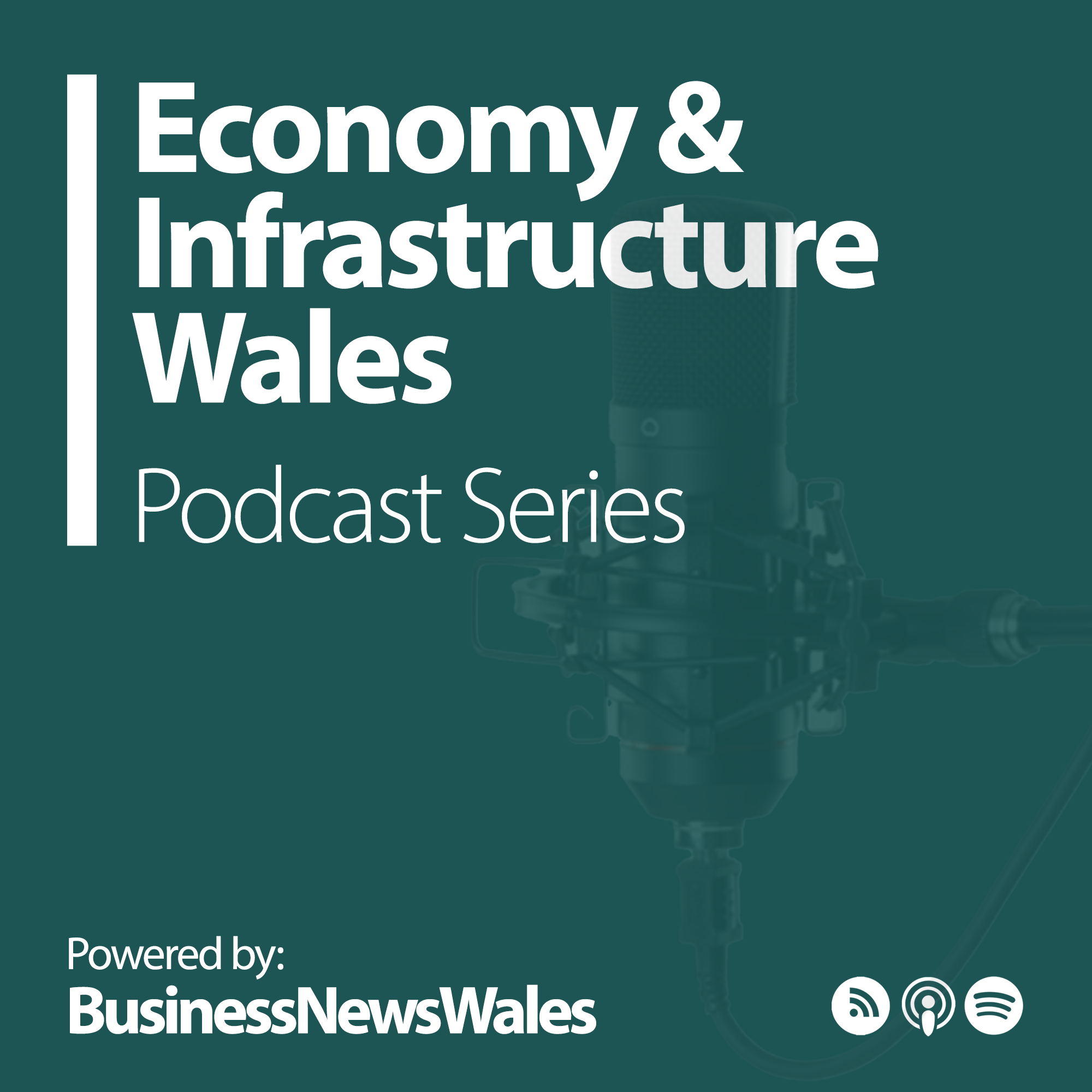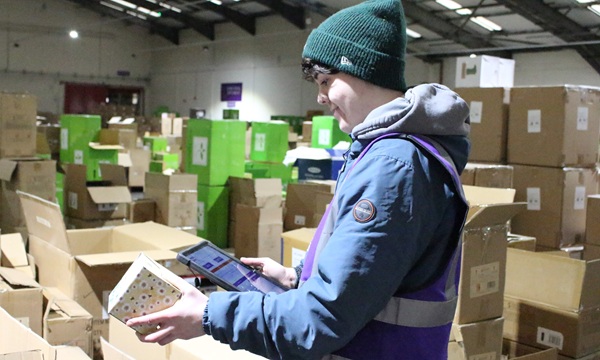
GUEST COLUMN:
John Cullen
Partner, Menzies LLP
Member of R3, the UK’s trade body for insolvency and restructuring professionals

The UK Government Budget, while addressing some immediate economic pressures, fails to deliver a roadmap for sustainable growth. For many businesses, it feels like a measure designed to stabilise rather than invigorate. As someone who works closely with businesses facing challenges, I’ve seen the impact that uncertainty and rising costs have on employers’ decision-making. And in this Budget, we’re left with limited strategies for future growth, raising more questions than it answers.
This Budget is, fundamentally, one for recovery, not for growth. The focus appears to be on balancing the books rather than on spurring forward economic momentum. This approach may be necessary to maintain stability in the short term, but it doesn’t set a long-term path for sustainable growth. This reality was underscored by the OBR’s forecast, with predicted growth rates falling below levels that could genuinely drive improvement in public services or infrastructure.
In particular, the Budget’s focus on tax measures — including an increase in the Employers’ National Insurance contributions — has generated more concern than confidence among business owners. For the hospitality and leisure sectors, where staffing is often intensive, these changes could be particularly difficult. With higher wage bills and constrained resources, many businesses will be forced to make difficult decisions about staffing and wages, putting pressure on both employers and employees.
One consequence of this approach is the “cliff edge” effect, which could lead businesses to consider winding down rather than face higher tax liabilities. In the weeks leading up to the Budget, many Welsh businesses were already opting to close up or restructure. Many owners saw the threat of increased business asset disposal tax as a reason to step away, often because they feel the rising costs outweigh the benefits of continuing to operate. These are businesses that might otherwise contribute to employment and the economy for years to come.
Interestingly, my visit to Singapore gave me some perspective on what a truly growth-oriented economy can look like. In Singapore, the government has built a culture of economic transformation with targeted investments in productivity and unique selling points, especially in high-value sectors. This approach has provided businesses with a solid foundation to innovate and thrive.
Wales could benefit from a similar vision, emphasising specialisations that can give us a competitive edge on the global stage. With its strengths in industries such as green energy and high-value manufacturing, Wales has the potential to play a unique role in the UK’s economic future. However, to realise this, we need a more inventive and ambitious approach from the Government.
The Welsh Government Draft Budget on December 10 presents a valuable opportunity to take steps towards sustainable growth. Infrastructure, particularly transport, should be a priority. The lack of robust transport links in many areas restricts business growth and prevents people from accessing employment and education opportunities. Without strong connectivity, many Welsh communities struggle to participate fully in the economy. And as we’ve seen from our own young recruits, even a short journey into Cardiff can be prohibitively expensive, limiting their access to opportunities that could shape their careers.
What’s needed now is a coordinated approach to transport, digital connectivity, and support for Wales’ key industries. Such an approach would create conditions for growth that benefit businesses and communities alike. Recovery alone is not enough; we need forward-looking policies that encourage investment and development, laying a foundation for future growth.
Ultimately, this Budget may have been necessary to stabilise the economy, but it lacks the imaginative solutions needed to move us forward. The hope is that the Welsh Government Draft Budget will deliver something different: a clear commitment to a more connected, resilient, and opportunity-rich Wales.













